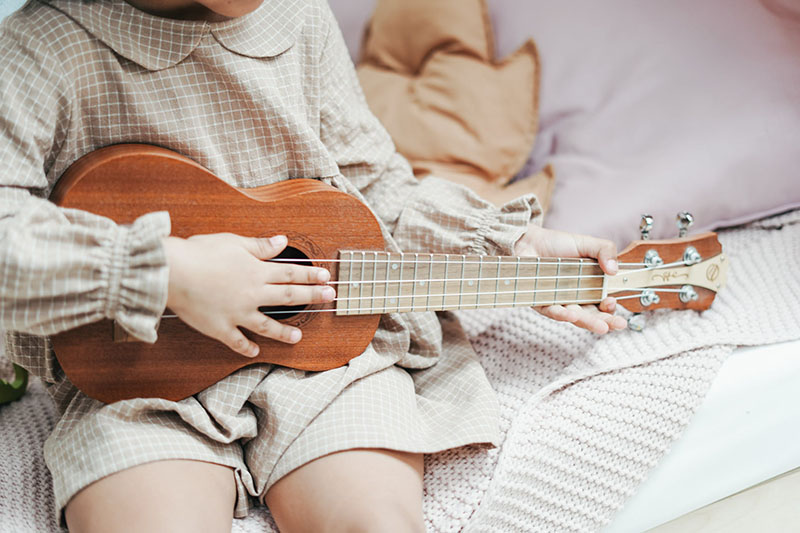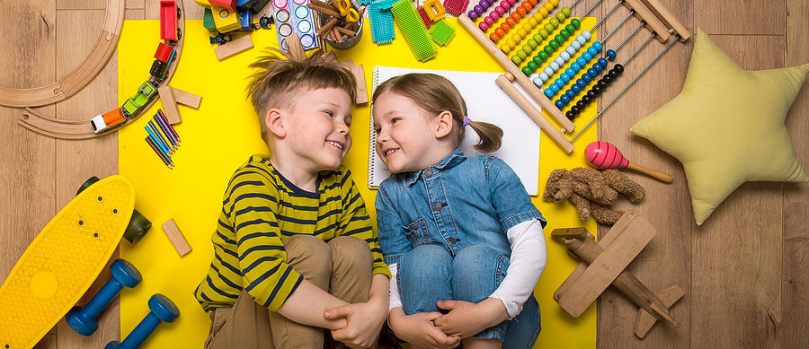
All children want to behave in an acceptable manner, and the Montessori preschool classroom uses that desire to get along as a tool to encourage children to put their best foot forward. Great behavior begins at home, and the prepared environment builds on that to instill a sense of self-esteem and reinforce the desire for self-discipline.
Sleep Considerations
One of the major causes of disruptive or otherwise unwanted behavior patterns is a lack of sufficient sleep. This aspect of learning self-discipline begins at home with a consistent sleep schedule and a healthy breakfast. These two factors have been shown to reduce outbursts, promote retention of information, and manage themselves in a respectable manner.
Empowering Young Minds
Your child’s Montessori preschool relies on the cooperation of the children to maintain order and a peaceful environment. By teaching children that their decisions and actions have repercussions and results, the kids learn to manage their own outbursts, control unwanted urges, and participate as part of the classroom community.
Building Self-Esteem
A lack of self-esteem is a common cause of behavioral issues. Fortunately, Montessori employs a host of learning strategies to help children develop a strong sense of self-worth. The result is that when children feel good about themselves and their abilities they are less likely to be disruptive in the classroom.
Positive Reinforcement
Montessori does not use punishment and reward to teach discipline to children. Instead, good behavior is acknowledged and unwanted behavior is discouraged through communication. The kids learn to be self-disciplined because they prefer to be acknowledged for positive behaviors and the acceptance that type of self-control brings to them.
Role Modeling
Montessori teachers are trained to observe children and provide the kids in their care with a positive role model to fashion their own behavior after. Because children look up to adults as role models, this type of gentle encouragement can be very effective at curbing disruptive actions and promoting the development of empathy and compassion.
Preschool children want to be accepted and included. By giving them the encouragement to be all they can be, the Montessori environment fosters teamwork, self-control, and a willingness to portray themselves as responsible students.

